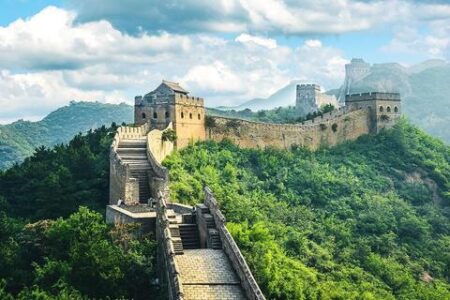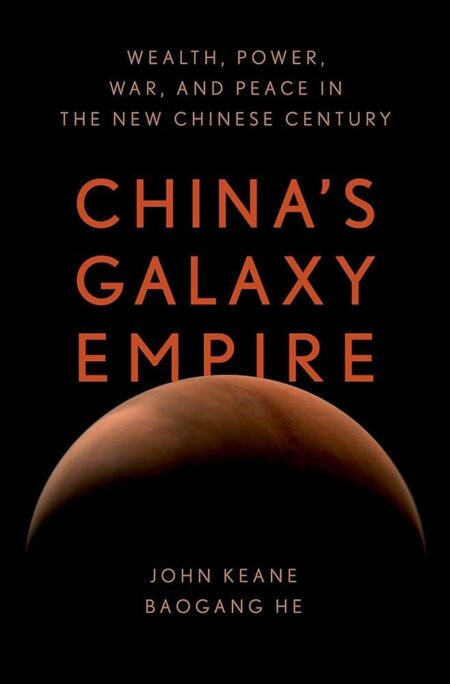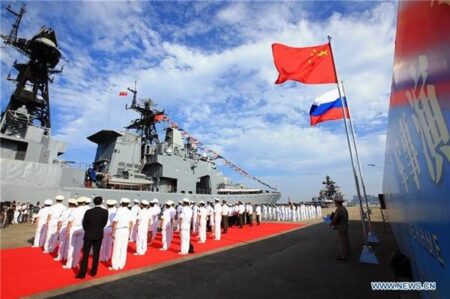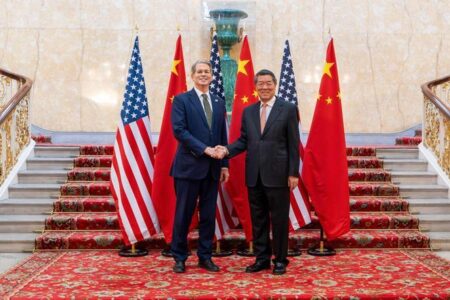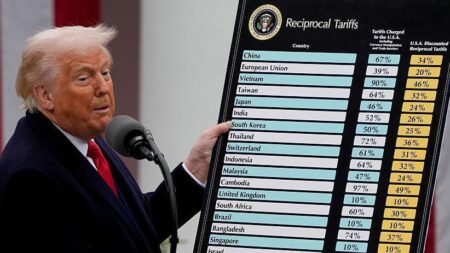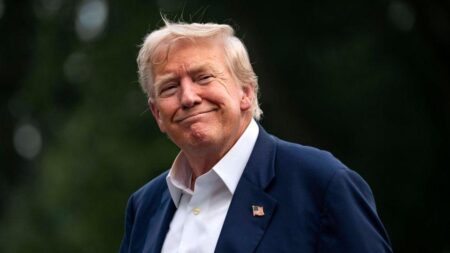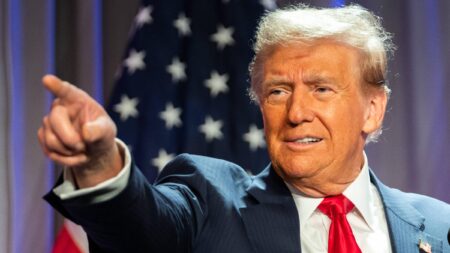The South China Morning Post dives into a fierce showdown in China over sexism and misogyny in video games, uncovering intense conflicts among gamers, developers, and regulators as calls for gender equality in the industry reach a powerful new peak
Browsing: China
China is carefully charting a delicate course in Ukraine, aiming to foster stability and strengthen economic ties-all while skillfully avoiding direct confrontations with the West amid escalating geopolitical tensions
Exclusive: China Galaxy and CICC are set to unveil investment funds exceeding $1 billion, targeting the vibrant markets of Southeast Asia. This ambitious initiative seeks to deepen regional economic ties and capitalize on exciting growth prospects in emerging economies, Reuters reports
At least 60 people, including vulnerable care home residents, have tragically lost their lives in the devastating floods sweeping through northern China, Reuters reports. Rescue teams are racing against the clock as authorities tirelessly assess the widespread destruction caused by relentless heavy rains
China and Russia are set to launch a formidable joint naval exercise near Japan next month, ramping up regional tensions. This high-stakes drill showcases their growing military alliance amid escalating geopolitical rivalries, AP News reports
The US and China have teamed up to extend the tariff pause deadline during ongoing trade talks in Stockholm, aiming to ease tensions and accelerate progress, AP News reports
No tariff pause emerged from the latest US-China trade talks, as tensions continue to simmer. Meanwhile, President Trump is preparing to impose new tariffs of 20-25% on Indian imports, intensifying the ongoing trade conflicts
Former President Donald Trump swiftly dismissed rumors of a potential summit with China, firmly stating he has “no interest” in engaging in such talks. This decisive remark puts an immediate stop to the swirling speculation about rekindling diplomatic discussions
China’s most dynamic cities are fueling a powerful wave of economic growth, as Japan unveils an ambitious new space defense strategy in response to escalating regional tensions. SCMP Daily delivers the latest breakthroughs shaping Asia’s geopolitical and economic landscape
Exclusive: In a surprising show of unity, US Democrats and Republicans are teaming up to draft bipartisan bills designed to intensify pressure on China. This move is energized by Trump’s renewed push for tougher trade measures, Reuters reports. It marks a rare moment of consensus in Washington’s often divided approach to China policy
Exclusive: Nvidia is making waves with a colossal order of 300,000 H20 AI chips from TSMC, driven by skyrocketing demand in China, sources told Reuters. This bold move underscores Nvidia’s determined effort to solidify its presence in the fast-growing Chinese market
China is now offering parents a one-time payment of $1,500 to ignite a baby boom, addressing concerns over a shrinking population and economic challenges. This bold move aims to rejuvenate the workforce and tackle the pressing issues of an aging society
Severe floods in Beijing have tragically claimed the lives of at least 30 people and forced the evacuation of 80,000 residents. As relentless heavy rains continue to batter the region, authorities are racing against time with urgent rescue operations
The Kremlin has revealed that a meeting between President Vladimir Putin and former U.S. President Donald Trump at the upcoming China summit “cannot be ruled out,” igniting excitement and sparking intense speculation about potential high-stakes diplomatic talks
As former President Trump works to deepen connections with a more assertive Beijing, the once-dominant hawkish voices on China are gradually fading away. This evolving dynamic signals potential shifts in U.S. policy amid rising geopolitical tensions
China’s $167 billion mega-dam project in Tibet has ignited fierce debate, sparking urgent concerns over environmental harm, regional water security, and rising geopolitical tensions with downstream nations that rely on the crucial Himalayan rivers
China held its benchmark lending rates steady on Wednesday, exactly as markets anticipated. This move highlights Beijing’s cautious approach amid economic uncertainties, aiming to fuel growth while keeping inflation under control
U.S. firms are dramatically ramping up imports of rare-earth magnets from China, with shipments skyrocketing 660% as supply chain worries mount and demand for these vital materials in technology and defense soars
Tropical Storm Wipha is rapidly advancing toward southern China, unleashing fierce winds and heavy rains that have already wreaked havoc in Taiwan and the Philippines. Authorities are raising urgent warnings, urging everyone to brace for relentless downpours, strong gusts, and potential flooding as the storm draws nearer
Following escalating tensions with Israel, Iran is making a bold pivot in its military strategy-turning away from Russia and setting its sights on China to acquire advanced weaponry. This daring shift marks a significant realignment in Tehran’s defense partnerships


